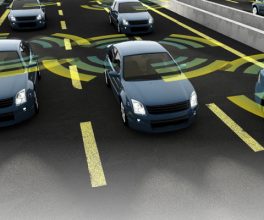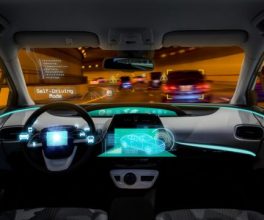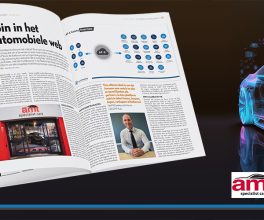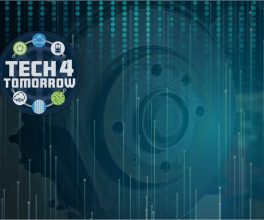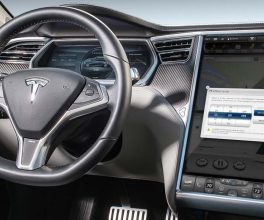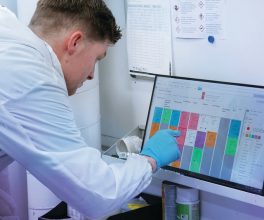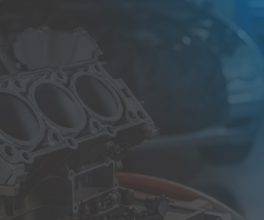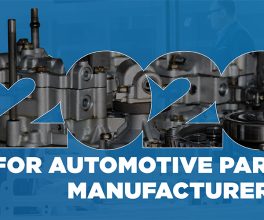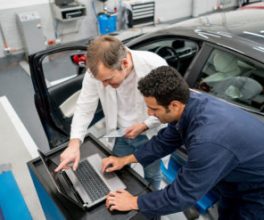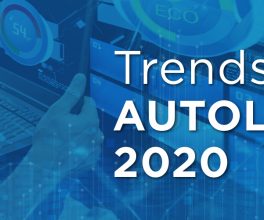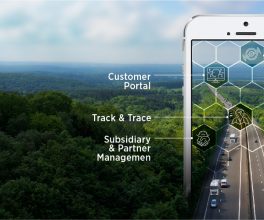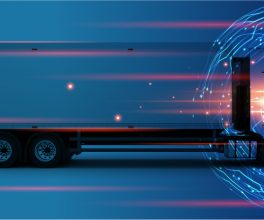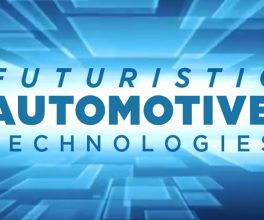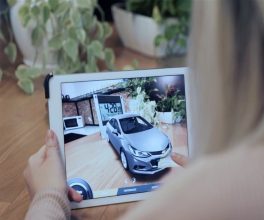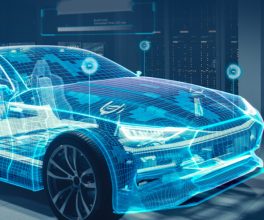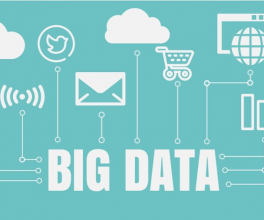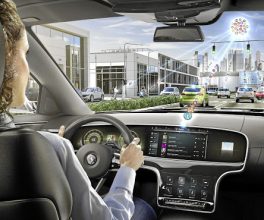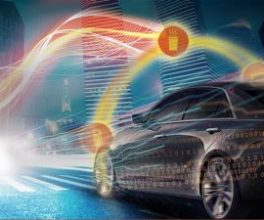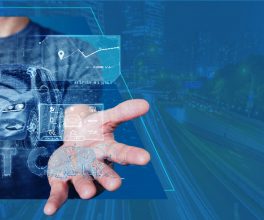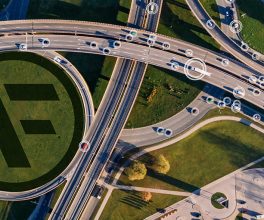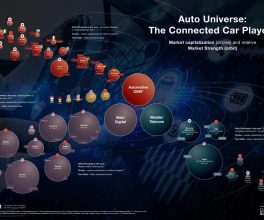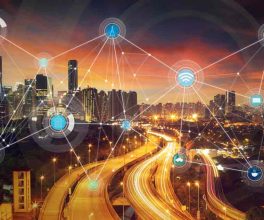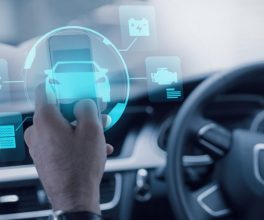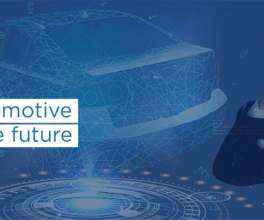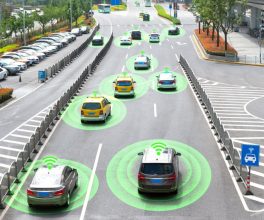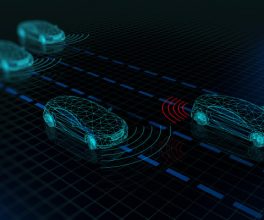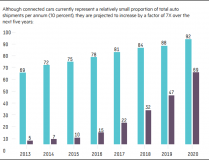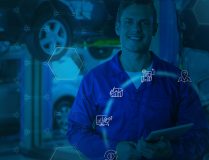Vehicles have become increasingly sophisticated under those plush seats and high-performance engines. Onboard technology has turned them into computers on wheels. New platforms like telematics, which gives fleet vehicles information about vehicle and driver performance, became the next stage, followed by autonomous cars.
Furthering this automotive technology is a driving force that is impacting numerous industries and creating a more connected world through the Internet of Things (IoT). This driving force is artificial intelligence, which is gearing up to affect the car industry and related industries such as insurance, transportation and logistics, and service-based companies with fleets.
The Key To Driverless Cars
The most common automotive application for AI is autonomous vehicles. While the concept of self-driving cars has been around for decades, it wasn’t until AI became more widely applied to them that the industry started to be taken seriously. It was the spark of life that gave the body the right brain to make it all come together.
Here, AI is being put to work to help learn human behaviour and understand how to react to driving conditions as a person would. This includes sensing how those in other cars will behave and how to gauge weather conditions, road issues, and other factors that must be understood before driverless vehicles take over the roads.
Eventually, this could change so many industries — from taxis and Uber vehicles to delivery companies and public transportation. Until then, AI will continue to study driving and vehicles to fill those seats.
Assisted Features
Other vehicle manufacturers are looking more toward AI to help people avoid those human errors that lead to accidents. For example, more AI features can be found within vehicles & apos; safety features linked to automatic braking, alert systems, and collision avoidance systems.
By working as an assistant to the human driver, AI-led advancements benefit everyone on the road and pedestrians near vehicles in terms of greater levels of safety.
Connectivity
AI is also creating a level of connectivity in the automotive industry that promises to bring major benefits to manufacturers and consumers alike.
After vehicles are sold, manufacturers could, for example, leverage AI to identify patterns in performance data that reveal potentially dangerous situations. If AI learns that a particular part or feature tends to fail after a certain duration, the manufacturer could proactively take steps to optimize its product and ensure consumers remain safe. This approach is commonly known as cognitive predictive maintenance, and companies such as DataRPM have emerged to create AI-driven platforms that make it possible.
“Cognitive predictive maintenance provides exactly what manufacturers are looking for: actionable insights,” said Sundeep Sanghavi, Data RPM & apos co-founder and CEO. “By harnessing the powerhouse of information generated by IIoT, manufacturers can develop deep insights into results that were never possible earlier with human intervention.”
For consumers, AI-fueled connectivity can provide localized information related to everything from gas stations to restaurants to shopping. Payment solutions are even being explored as an integrated feature so refuelling, tolls, and on-demand orders can be executed with ease. Other applications include software and manufacturer updates to vehicles, smart sensors to help with in-vehicle emergencies, and driver safety monitoring to improve training programs for fleets. The possibilities within this connected environment are seemingly endless.
Other Cool Applications
AI-enabled features on vehicles tied to biometrics can also help with security, in terms of components that enable a car to drive only when it recognizes a certain voice. Eye-tracking is another possibility for AI to help with monitoring driving and sense whether a driver might be tired or distracted, enhancing the safety of driving for those behind the wheel and those around them.
No one likes traffic or unexpected road delays, so having a car that can instantly provide new routes to avoid this irritation makes AI even more attractive to even the most sceptical. While GPS platforms already do this to some degree, they are limited in what they can offer, and they don’t have the capacity to think beyond those limitations like an AI-enabled platform could do.
Risk Assessment For The Insurance Agency
This type of connectivity also provides analytics that insurers can use to better assess risk and create more individualized insurance plans for businesses on the basis of driver safety records compiled from this information. The benefit of the deep-learning AI analytics platform is already being realized with certain fleet management companies that have reported safer driving among their connected fleets, with reduced accidents and lower insurance premiums.
An AI Win-Win
From major automotive brands and tech firms to fleet companies, startups, and consumers, the use of AI within vehicles and the technology that connects them within the IoT environment is set to benefit everyone. AI has moved IoT forward in many ways with these automotive applications to make the world smarter and safer, offering ways to make better decisions and encouraging wider adoption and acceptance of a more closely connected world.
By Brian Rashid, Opinions expressed by Forbes Contributors are their own.
Brian is an international speaker and coach. Say hi to Brian at connect@brianrashid.com
Courtesy of Forbes

